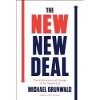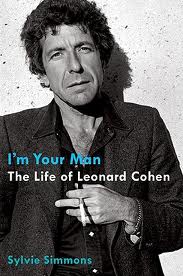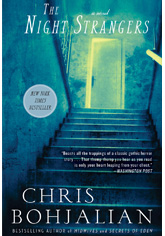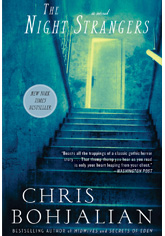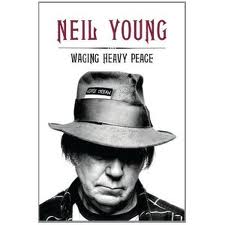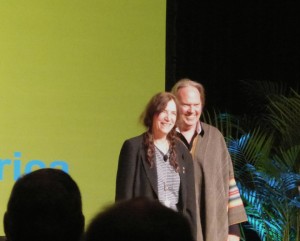#FridayReads, Nov. 23–“The Double Game” and “Gotham”
This week, more of a #FridayRe-Reads than a #FridayReads
 #FridayReads, Nov. 23–The Double Game, Dan Fesperman’s brilliant riff on the spy novel genre, and Gotham: A History of New York City to 1898 by Edwin Burrows and Mike Wallace. It may be the distractions of the holiday week–I’ve just been re-reading a couple of favorites. Last summer I blogged about Fesperman’s novel, and found it so irresistible I’ve picked it up again. The author ingeniously embeds plot points and clues in his story from books by giants of the genre–Le Carre, Ambler, Greene, Buchan, Childers, and others–actual volumes that are in the personal library of the novel’s narrator. It’s a true tour de force, and so good I find myself challenged to say something truly intelligent about it. It was published last August, and I’ve been a bit disappointed to see that it seems to have been published without the notice it deserves.
#FridayReads, Nov. 23–The Double Game, Dan Fesperman’s brilliant riff on the spy novel genre, and Gotham: A History of New York City to 1898 by Edwin Burrows and Mike Wallace. It may be the distractions of the holiday week–I’ve just been re-reading a couple of favorites. Last summer I blogged about Fesperman’s novel, and found it so irresistible I’ve picked it up again. The author ingeniously embeds plot points and clues in his story from books by giants of the genre–Le Carre, Ambler, Greene, Buchan, Childers, and others–actual volumes that are in the personal library of the novel’s narrator. It’s a true tour de force, and so good I find myself challenged to say something truly intelligent about it. It was published last August, and I’ve been a bit disappointed to see that it seems to have been published without the notice it deserves.
Gotham, published by Oxford University Press in 1999, is a rare book written by scholars in that it is as readable as any novel or potboiler. Although the narrative proceeds chronologically from the establishment of New Amsterdam through the incorporation of the five boroughs in to one great city, there are tremendous set pieces in it–on the electrification of the metropolis; the Draft Riots; the rise of a national publishing scene from Manhattan, and many others. A second volume, bringing the history of the city up to the present, is due to be published at some future point. Meantime, I relish this initial volume, so good on so many aspects of New York City history. Before publication it was praised by the late Edward Robb Ellis, about whom I blogged on the latest anniversary of his birthday. I published four books by Ellis, including his worthy predecessor to Gotham, The Epic of New York City. Eddie blurbed Burrows’ and Wallace’s book, saying, “Gotham is a masterpiece. It is the best history of New York ever written. It will be read a century from now.”
This week I’ve also read and savored writer Nick Paumgarten’s thorough examination of the Grateful Dead’s library of in-concert live recordings that’s running in the current New Yorker. I actually disagree with some of his dismissive conclusions about the Dead’s music, but am appreciative of the effort he went to in listening to these many hours of music, as well as visiting with the archivists and band members such as Phil Lesh.








